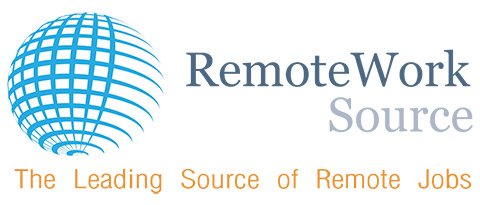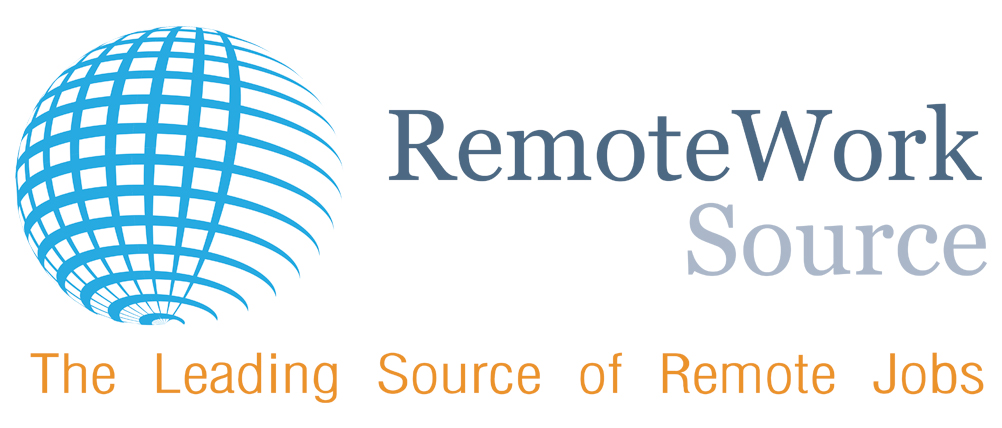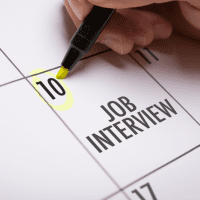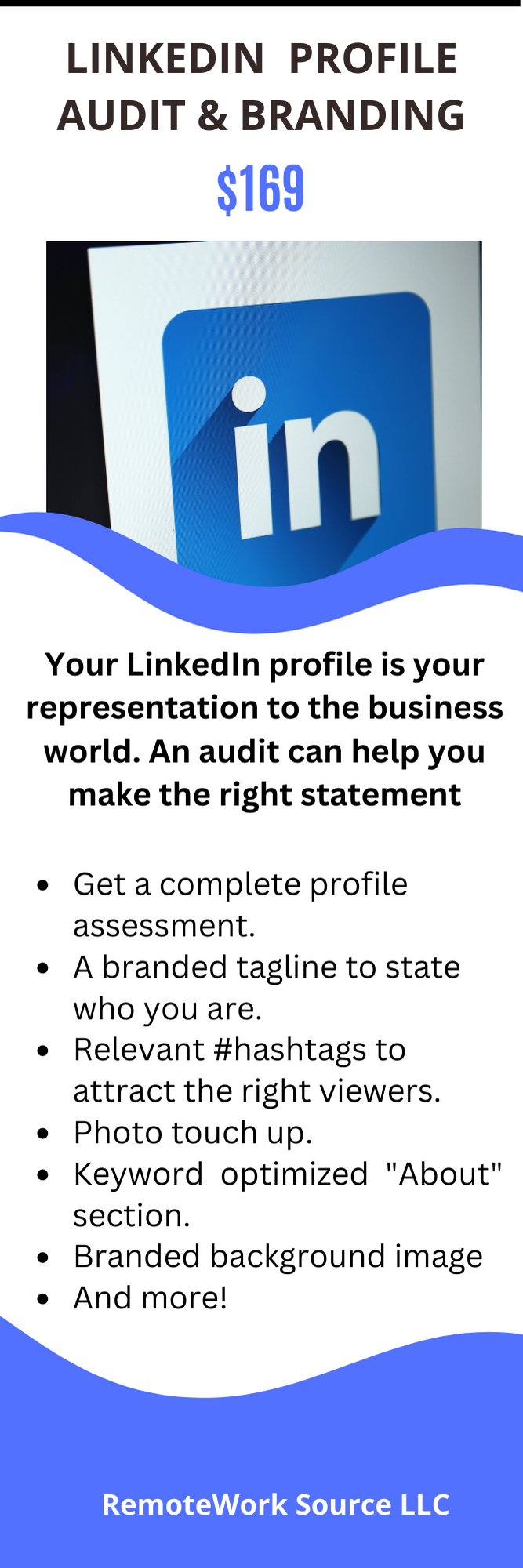3 Awkward Interview Questions Commonly Asked (And How to Respond)

Interview questions don’t have to be awkward if you are well prepared. Here’s help on how to answer a few of them.
Talking about yourself under pressure is enough to make anyone freeze. Here’s help to answer a few of the more difficult interview questions.
We’ll probably never enjoy being interviewed for a job. In fact, three questions, in particular, are at the top of the Most Dreaded Job Interview Questions list. To help you ace them,
Question: Who created the modern day job interview?
Answer: Thomas Edison.
In 1921, Edison developed the formal job interview “because he was frustrated with college-educated applicants looking for work who didn’t have the proper knowledge.” He gave each job applicant a series of 150 interview questions, tailored to the positions to which they were applying. If you’d read a few of his interview questions, I promise you would be more appreciative—or, at least, tolerant—of the interview questions you get today.
Job interviews are seldom enjoyable. Three interview questions that make the top of the most-dreaded-job-interview-questions list are discussed below. To help you ace them, we explain why these interview questions are asked, and offer ideas on how to answer them.
“Can you tell me about yourself?”
Such a simple interview question. So simple, in fact, that many fail to prepare how they’ll answer it. No one knows yourself better than you know you do, so why bother rehearsing such a no-brainer, right?
Actually, this is one of the most troublesome interview questions of all. Talking about yourself in a favorable light, under pressure, can make anyone freeze up. Yet, since it’s usually the first question an interviewer asks, you’ll have about three whole seconds to determine what it is about your entire life, personality, and professional experience you should share.
What the interviewer wants to learn
Your answer to this interview question lets the interviewer quickly get to know you. It helps them warm up a little bit, too. More importantly, it helps the interviewer discern if you are likeable, can communicate clearly, have come prepared, and how well you present yourself.
Jopwell’s Director of Campus Recruitment, Anne Hopkins says, “Your interviewer likely wants you to explain why you are applying for the job and how your experiences (professional or otherwise) led you to meet them.“
How to answer this interview question
Although the interviewer is also trying to assess your likeability (AKA “culture fit”), avoid including anything too personal in your answer unless it relates to the position or enhances your qualifications. For example, if you’re interviewing for an online veterinarian assistant position, you could do the following to combine the personal and professional:
“I have worked with animals for many years. In fact, over the past decade, I have fostered many homeless animals (personal). Talking to people about pet care is something I enjoy and have a lot of experience in (professional).”
One thing to avoid when answering a question is regurgitating your resume. Touch on important points, but don’t just repeat things interviewers have already read.
Lily Zhang, a writer for The Muse, suggests using a “Present-Past-Future” structure to answer this interview question:
“Present: Talk a little bit about what your current role is, the scope of it, and perhaps a big recent accomplishment.”
“Past: Tell the interviewer how you got there and/or mention previous experience that’s relevant to the job and company you’re applying for.”
“Future: Shift into what you’re looking to do next and why you’re interested in this gig (and a great fit for it, too).”
Career coach, Linda Raynier, writes that when answering this interview question, “remember to tell a story. Not a life long story, but your professional work story consisting of your work experiences, qualifications and why you’re a good fit for this role.” [Emphasis added.]
As you can see, this “no-brainer” interview question is more challenging than it appears. But, with preparation, and using these tips, you can breeze through with a great answer.
“What was your previous/current salary?”
This interview question can feel like a triple-edged sword. At one end, you don’t want to reveal a salary that might be lower than what you want to receive. At another, you don’t want to give numbers that may exceed their expectations and scare off the interviewer. Last, you don’t want to avoid answering this interview question, giving the impression you have something to hide. So what to do?
What the Interviewer wants to know
First, they might ask it to get a feel of how competitive the salary is for the position for which you’re interviewing.
According to Dori Zinn, writing for Glassdoor.com, “employers ask about salary to gauge the market for your position. If you’re interviewing for a position that’s similar to the one you currently have, a company might look at your compensation as a competitive rate. But not all jobs are created — or paid — equally and fairly.”
Second, they want to figure out if they can afford you. Or, at least, they want to see if everyone is playing in the same league.

Interview questions about past and current salary should be answered carefully, after some research.
How to answer this interview question
Doing research is crucial to preparing an educated answer to this interview question. A bit of calculation will be necessary to ensure you don’t sell yourself short.
“A huge and common mistake people make before salary negotiations is failing to prepare. They show up with strong opinions about what they deserve and no evidence to back them up. This is when negotiations can flop, and new hires often leave feeling defeated,” writes Logan Hailey for Science of People.
FYI: Be aware that in some states, asking about a previous salary is now illegal. (However, even within those states, laws are different for distinct types of companies or in various cities. Research is key.)
To prepare your response, begin by figuring out your professional worth. Regardless of what your current pay is, what you’re worth is what your answer should reflect. You can get estimates of your worth using helpful tools available online for free. Websites such as Salary.com and Payscale.com are great places to start. They offer easy-to-use “calculators” in which you enter your job title and location and come up with a salary at market rate. (Keep in mind that not all cities and towns have the same market rates.)
Next, learn about the company to which you’re applying so you have reasonable salary expectations. Start-up and non-profit organizations, for instance, often do not pay market rate salaries. However, they may offer other perks to make a job more rewarding, such as allowing you to work from home three days a week.
When determining your salary worth, be fair to yourself and the company to which you’re applying. If you’ve done your research, you won’t sell yourself short or scare off the company by being unrealistic with your salary request. If a company requires that you provide them with a salary history letter, here is a helpful PDF example from Loyola University Chicago for you to view or download.
“Why do you want to leave your present position?”
People leave their jobs for many reasons. Poor benefits, inadequate pay, lack of flexibility, or a micromanaging boss are just a few common reasons employees look elsewhere.
Other reasons could be more individual or personal: a long commute, a lack of diversity, not wanting to work with an ex-boyfriend or ex-girlfriend, or a lack of opportunity for advancement. Whatever your reason, careful thought needs to go into your answer.
Why they ask this interview question
This is a very reasonable interview question. Employers don’t expect that people won’t ever change jobs (they certainly have!); but they want to uncover possible red flags.
“[Employers] want to be certain you’re pursuing a new role for the right reasons and that you won’t bring drama or tension to their organization. They may also want to determine whether you’re serious about changing jobs or whether you’re simply exploring the market,” writes a guest on Monster.com.
If you have already left your job, an interviewer will want to know if you quit or were fired. If you quit, did you leave on good terms, or did you walk off after some bitter exchange? They want to determine your ability to be loyal to a company. If you were fired, naturally they want to know why.

An interview question about why you left, or are leaving, your job should be answered in a positive light, regardless of why you want to leave.
How to answer this interview question
It is crucial that your answer be rooted in truth. However, no matter how awful the truth, your response should neutralize it and turn it into a positive.
In her article, Reasons for leaving a job that won’t scare off interviewers, Dawn Papandrea writes “many people quit for more personal reasons—because they couldn’t deal with a boss from hell, they felt stuck in a dead-end position, or they were tired of enduring poor treatment. In those cases, you’ll have to find a way to put a positive spin on why you decided to say, ‘I quit!’ when you go on your next job interview.” (Emphasis added)
I cannot stress this enough: Never bad mouth your previous employer, coworkers, company, or job/income during your interview. Doing so most assuredly will cause the interviewer to wipe you clean off the candidate list.
Give positive answers. Point out how the prospective role is a good fit for you and how you are a good fit for them. “Take the opportunity to share what you’ve learned about the potential new company (demonstrating your interest in the opportunity). Talk about the environment and culture of this company, and how you feel it’s a strong match with your strengths and experience,” writes Beth Colley for Job-Hunt.org.
Be prepared
Interview question strategies are always evolving, especially as the workforce becomes more global. Interviewing methods will continue to change, yet the bottom line remains: Are you a good fit for this job and this company? With that in mind, steer every response to the above interview questions in your favor. Your responses should convince an interviewer that you are, without a doubt, the best person for that job.
Your turn: What are your most dreaded interview questions?
Let’s talk more about it. Join us on Facebook and LinkedIn
Does your resume need help? Check out our resume rewrite packages!
Category: Featured, Interviewing, Job Search








